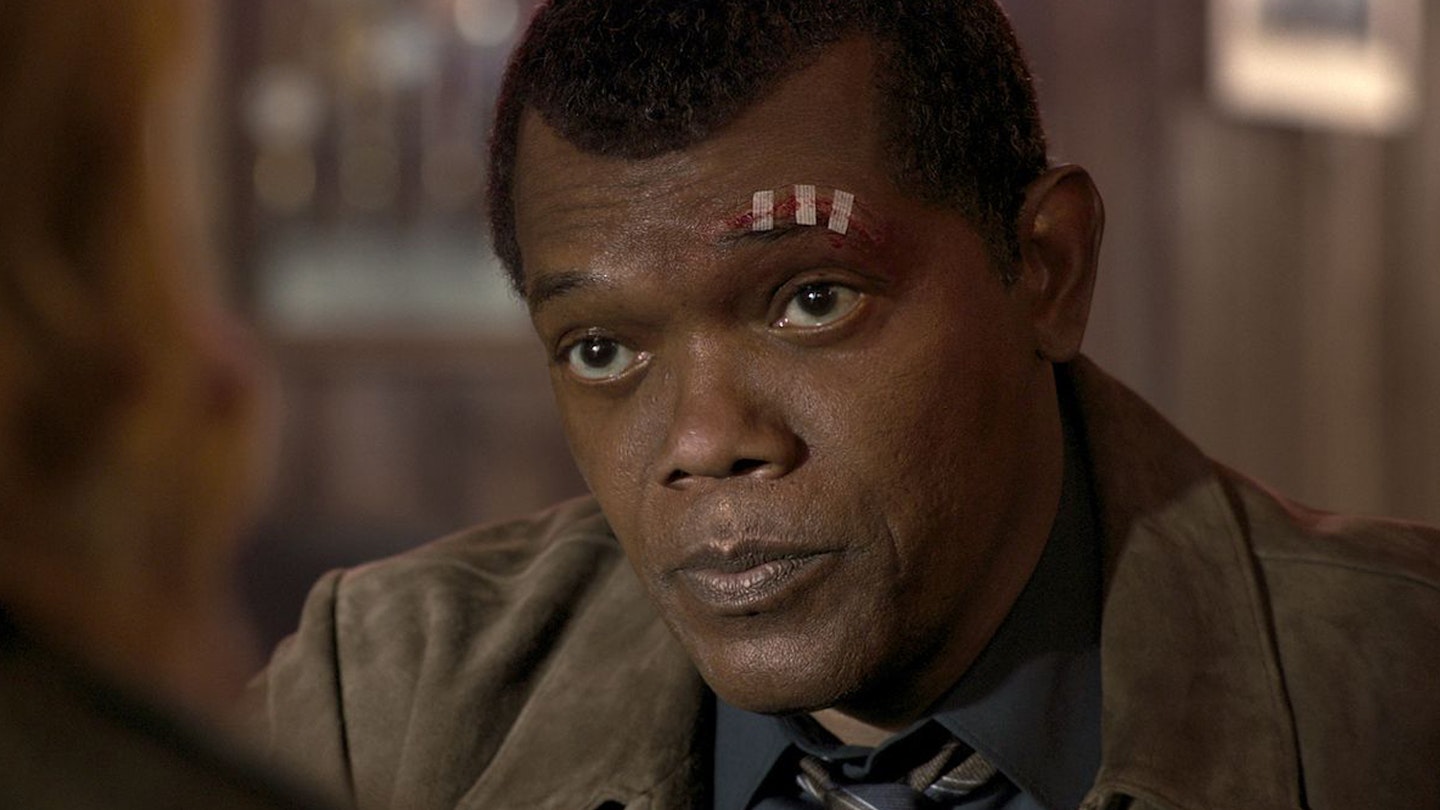Mammoth box office takings. Long-awaited award wins. Epic tussles around what cinema actually is. 2019 proved another eventful year in Hollywood and beyond, bringing monolithic business deals, new technological advances, and the ends of several eras. Read through the biggest talking points of 2019 in film.
Avengers: Endgame becomes the biggest film of all time
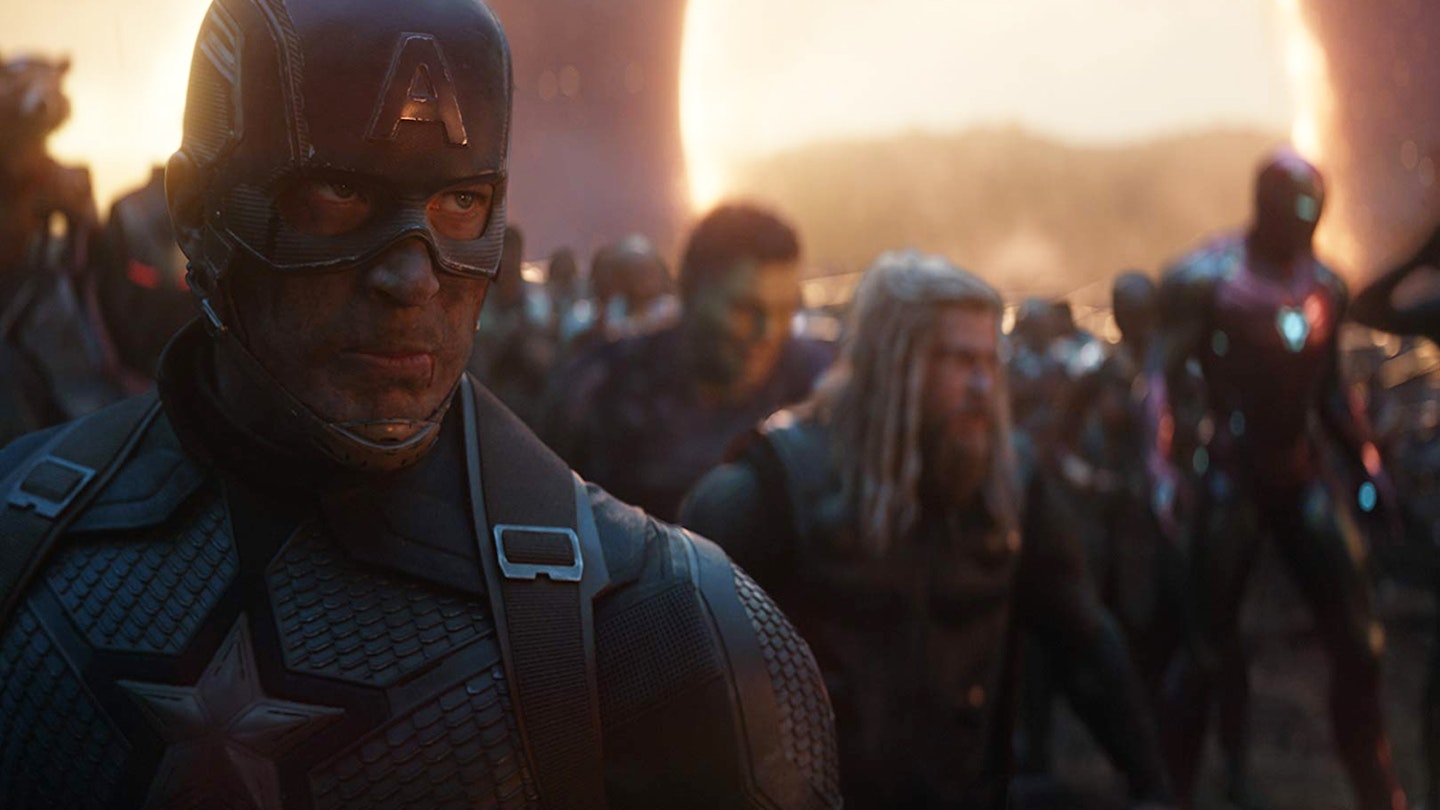
It took ten years to de-throne Avatar – and even longer to knock James Cameron (who previously also held the record for Titanic) off the filmmaker top spot in terms of box office receipts. But after a frankly bonkers $1.6 billion opening weekend worldwide, Avengers: Endgame rumbled on to make $2.797 billion overall. It took a mid-launch re-release to get it there, but then so did Avatar back in the day. Of course, it only bested Cameron’s blue-cats-in-space epic by $8 million – so if he decides to give the original Avatar another run on the big screen before the long-awaited sequel arrives, it could take the lead again. For the moment, the crown belongs to Kevin Feige, the Russos, and Markus and McFeely.
Olivia Colman wins an Oscar
“Um… ooh! It’s genuinely quite stressful. This is hilarious! I’ve got an Oscar. OK, um, uh, I have to thank lots of people.” So began one of the greatest Oscar acceptance speeches of all time – not to mention one of the most deserved awards. From Peep Show and Green Wing, through to Tyrannosaur and Fleabag, Olivia Colman has proved again and again to be a national treasure – and her acerbic performance as Queen Anne in The Favourite brought her Academy attention, fending off heavyweight competition from Glenn Close and Melissa McCarthy. In her minutes on the stage, Colman sparked laughter, tears, blew a raspberry, and capped it all off with the iconic sign-off: “Arrrgh! Thank you so much! Oh, Lady Gaga!” Forget Anne and Elizabeth II – Olivia Colman is the real queen of the United Kingdom.
De-ageing takes a leap forward
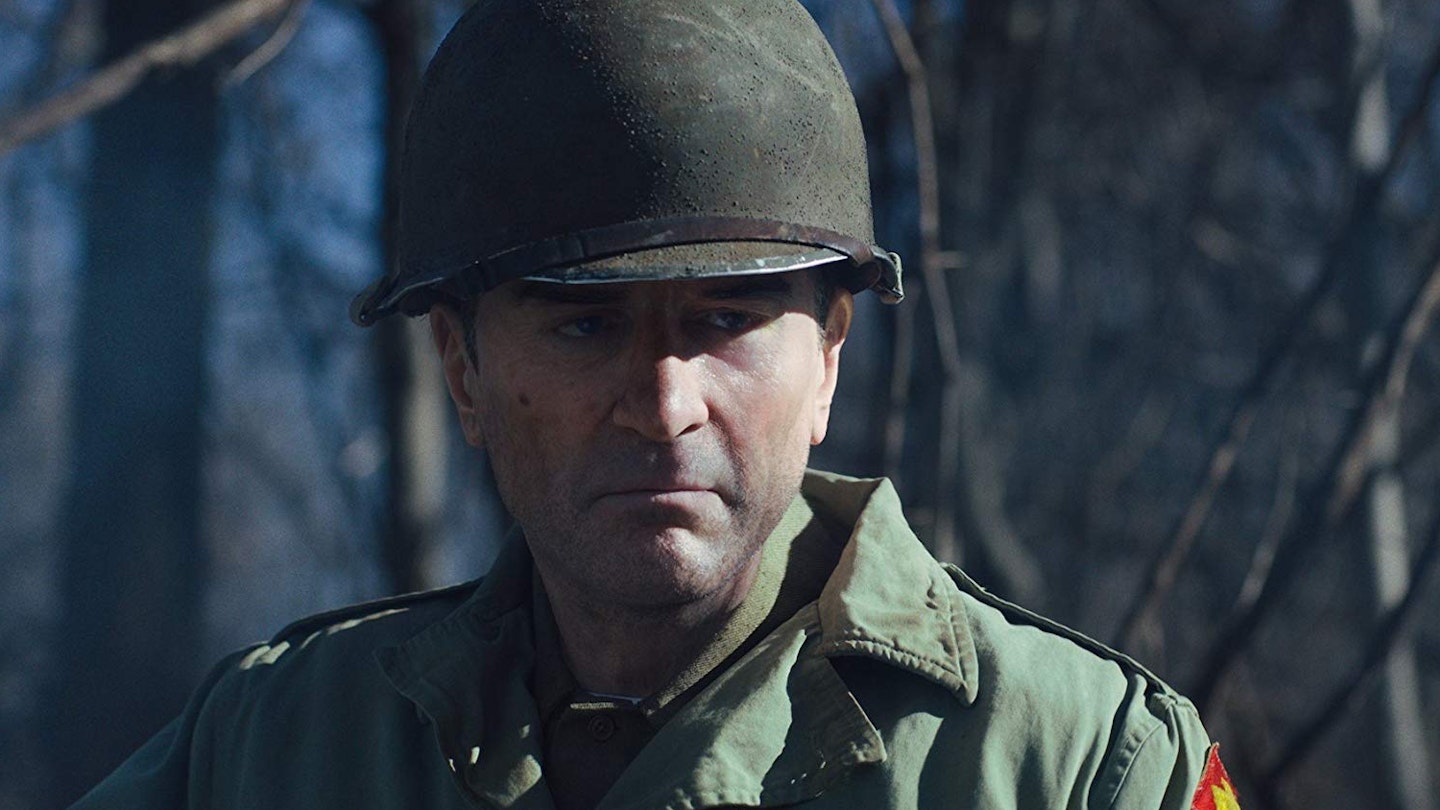
In recent years, the odd scene here or there has de-aged iconic actors and characters in the likes of Star Wars, the MCU, and, er, Pirates Of The Caribbean 5. But 2019 brought entire, beginning-to-end de-aged performances from the likes of Samuel L. Jackson in Captain Marvel and Al Pacino in The Irishman (along with ones from Robert De Niro and Joe Pesci which were de-aged for much of the runtime), proving that – with a few minor tweaks still to iron out – the technology was ready for extensive usage. Then there was the entirely-CG young Will Smith in Gemini Man, the relatively subtle de-ageing of the kids in It: Chapter Two’s flashbacks, and the promise (threat?) of bringing back James Dean as a CGI creation for an upcoming Vietnam War drama. A burgeoning technology well and truly arrived – and we’re sure to see its wider impact in the years to come.
Comic book movies dent the Oscars
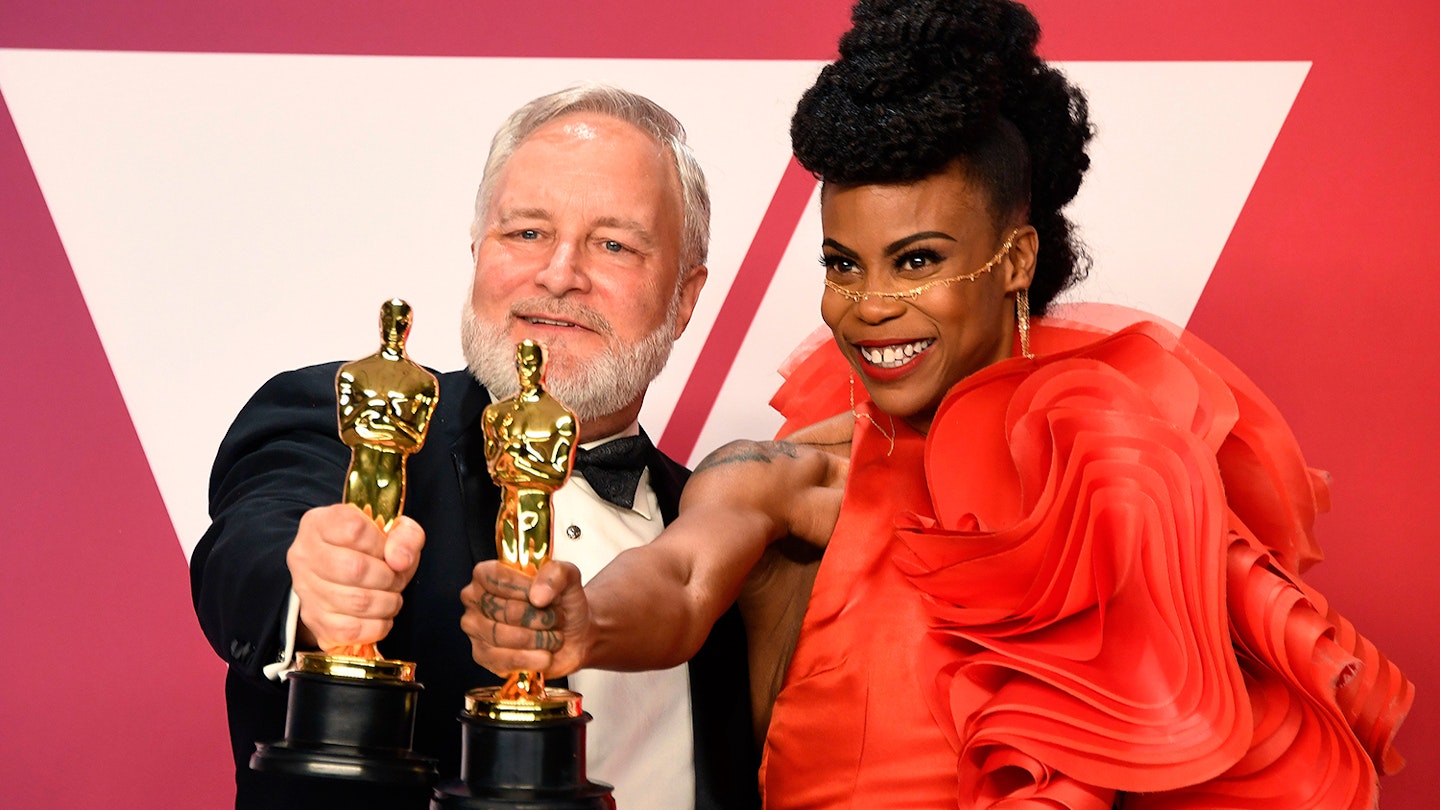
One year after wins from The Shape Of Water and Get Out signalled an Academy more open to non-Oscar-friendly genres, 2019’s ceremony saw comic book movies break through too, beyond the expected visual effects categories. Black Panther received seven nominations including Best Picture, and won Best Costume Design, Best Production Design, and Best Original Score. Then there was Spider-Man: Into The Spider-Verse, which won Best Animated Feature ahead of Incredibles 2 and Isle Of Dogs. It marked an important step forward – one that could bear further fruit in 2020, with an awards season that will reckon with the immense commercial and critical success of Avengers: Endgame and Joker.
Game Of Thrones ends – and the backlash begins
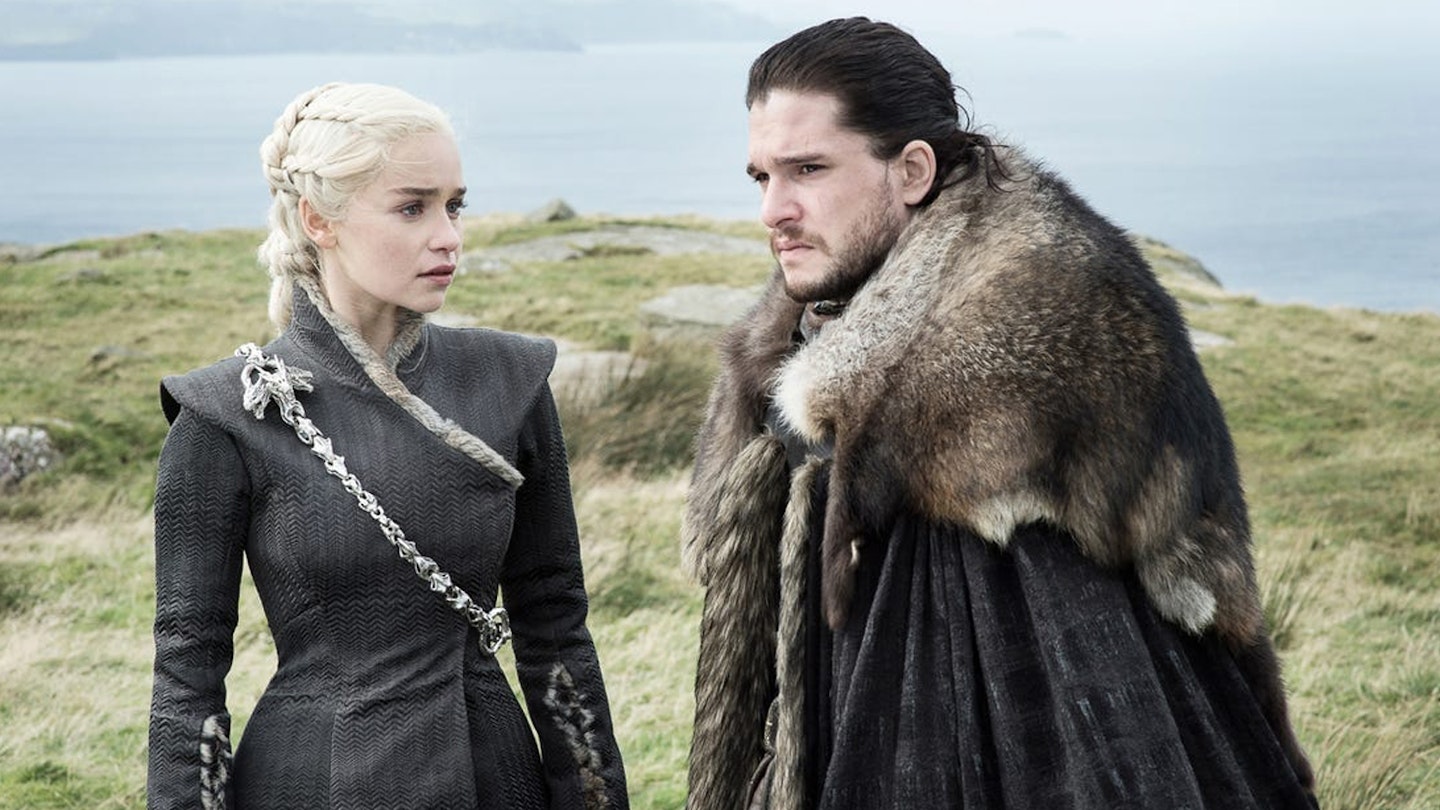
With its eighth season, HBO’s fantasy behemoth Game Of Thrones came to an end – a shorter run of six episodes, taking in the battle between humanity and the White Walkers, Daenerys’ quest for the Iron Throne, and endings for dozens of surviving characters. It was, objectively, Thrones at its most epic – even bigger battles, irreversible razings of beloved locations – but it came at a cost. For some fans, wrapping up the whole story in just six episodes resulted in rushed storytelling and questionable character motivations, in (ahem) stark contrast to the incredibly measured pacing of the early seasons. Everyone had an opinion – and those who hated it even petitioned for a re-do. Others lauded a well-intentioned attempt to stick the dragon-landing. Whether the final season is eventually remembered as a downright disappointment, a noble failure, or an underappreciated ending, it was a fearless finale for the biggest, most cinematic TV show of all time.
Disney acquires 21st Century Fox
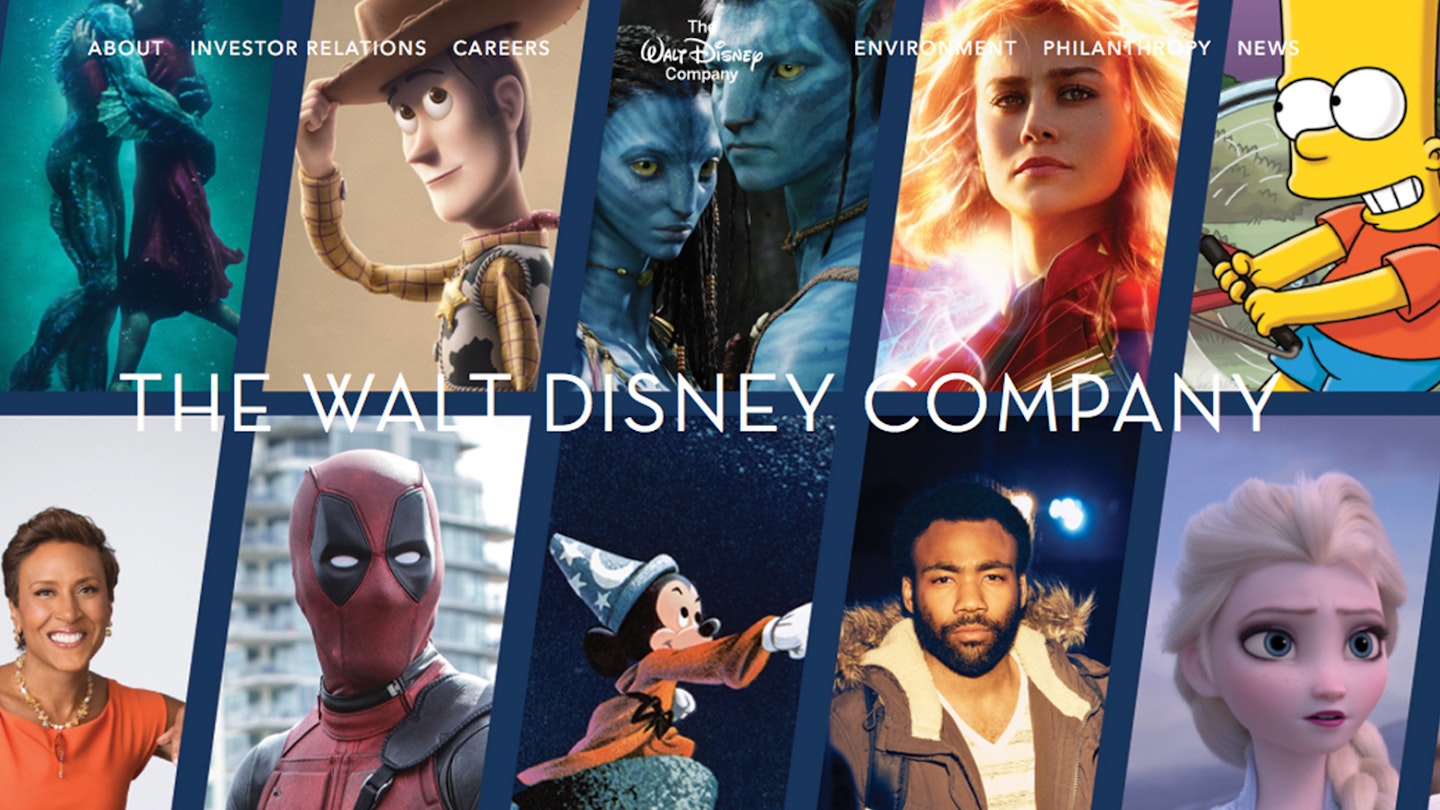
Around 18 months after it was first mooted, the deal went through: The Walt Disney Company bought Fox. While the real ramifications won’t be felt for perhaps a few years yet, it signals a significant shift – one of the longest-running Hollywood studios being subsumed by a fellow filmmaking behemoth. For now, it mostly means a slimmed-down version of the existing Fox slate of movies arriving under the Disney banner, and the likes of Avatar and The Simpsons being available on Disney+. In the future? Disney will have the keys to Fox’s famous franchises like Alien and Planet Of The Apes, the latter of which it reportedly already has plans for – not to mention the potential to bring the X-Men and Fantastic Four into the MCU. While that may be exciting for film fans, for filmmakers and industry insiders it’s one less studio out there to work with, one less studio making R-rated non-franchise features, job losses, and a library of classic movies under stricter control in the Disney Vault. 2019 was the moment of impact – now we await the aftershocks.
READ: Disney Website Adds Avatar And Simpsons Images After Fox Merger
The MCU closes out the Infinity Saga
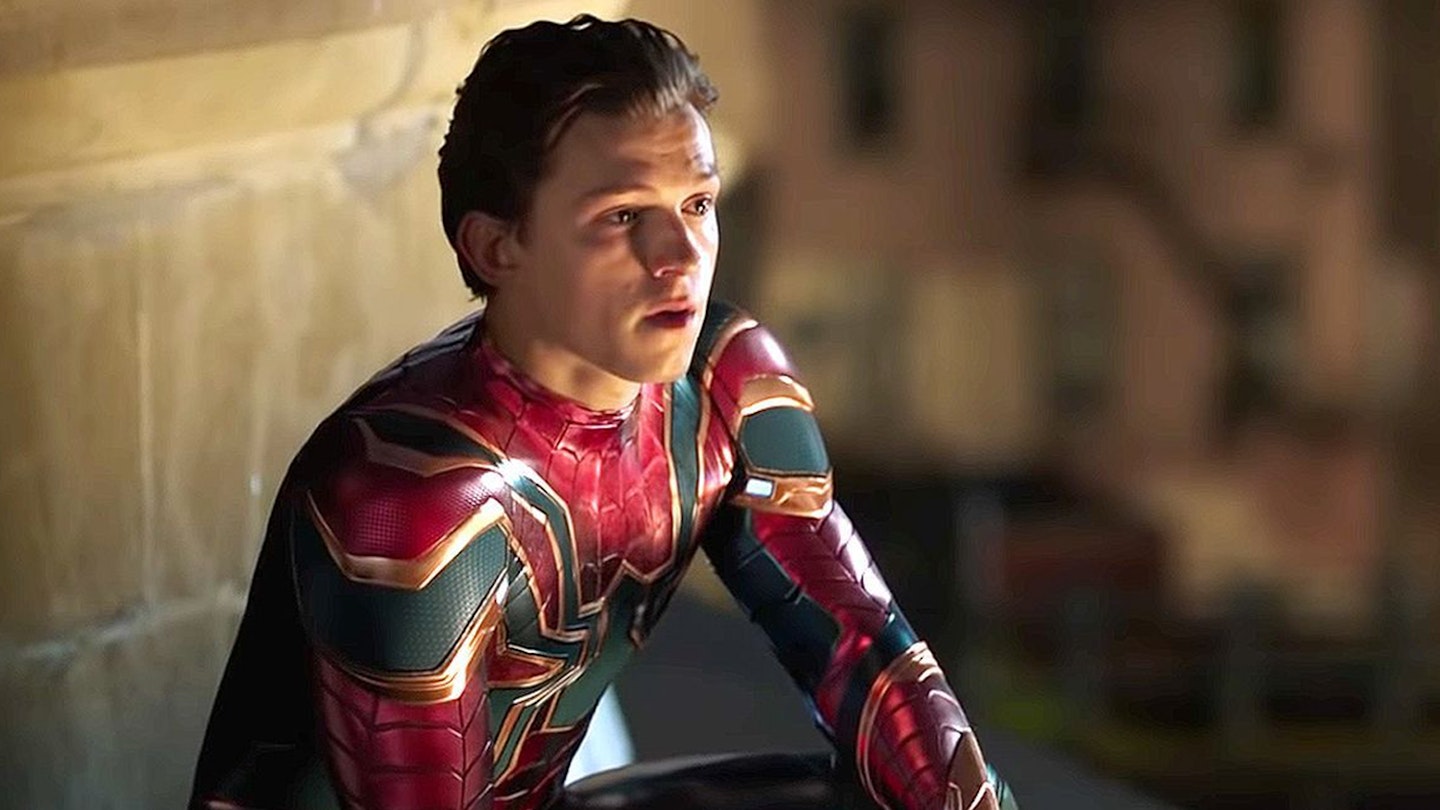
It began with Iron Man in 2008. And then, 11 years and 22 films later, the Marvel Cinematic Universe bookended its first major story arc with the triple-whammy of Captain Marvel, Avengers: Endgame, and Spider-Man: Far From Home. Each had their own part to play in closing Phase 3 and the wider Infinity Saga, as well as pointing towards the future of Marvel Studios. Captain Marvel introduced the franchise’s most powerful hero yet and a potential series game-changer in the shape-shifting Skrulls, Endgame wrote out several original Avengers and dusted Thanos once and for all, while Far From Home set up a post-Blip world – one grieving for Tony Stark, with humanity piecing itself back together after half of it was blinked out of existence for five years. If giving it all a satisfying conclusion was one challenge, kicking off a new phase without some of the key heroes will be a whole other one. Good luck, Feige.
Empire celebrates its 30th birthday
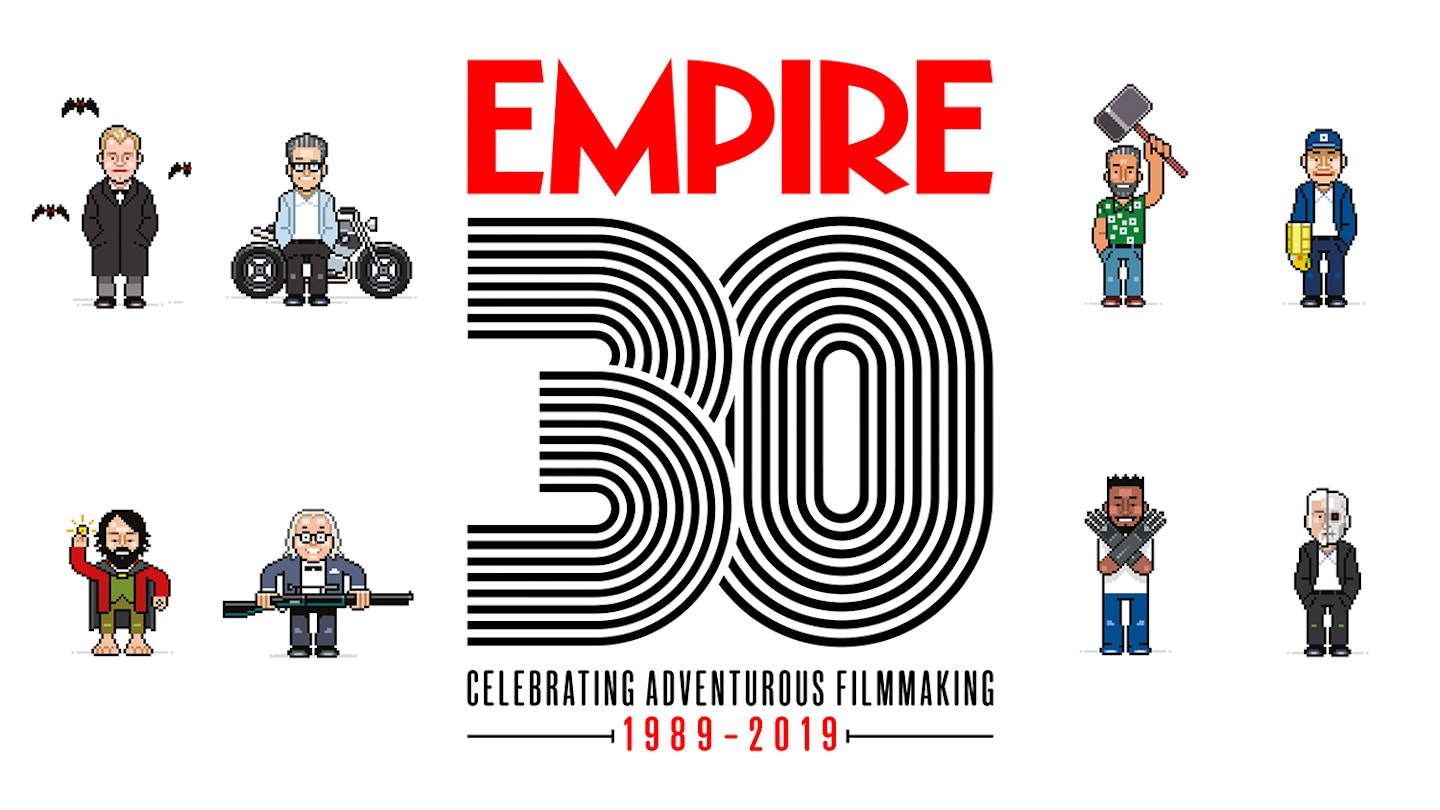
Yes, this year marked three decades since Empire Magazine first hit your local newsstands – and all through 2019 we’ve been celebrating by interviewing the filmmakers behind the greatest movies of our lifetime. As well as exclusive features in the magazine posing your reader questions to directors and conducting career-spanning interviews, we’ve had special Empire Podcast episodes, Movie Mastermind video quizzes, and much more.
Franchises stall at the box office
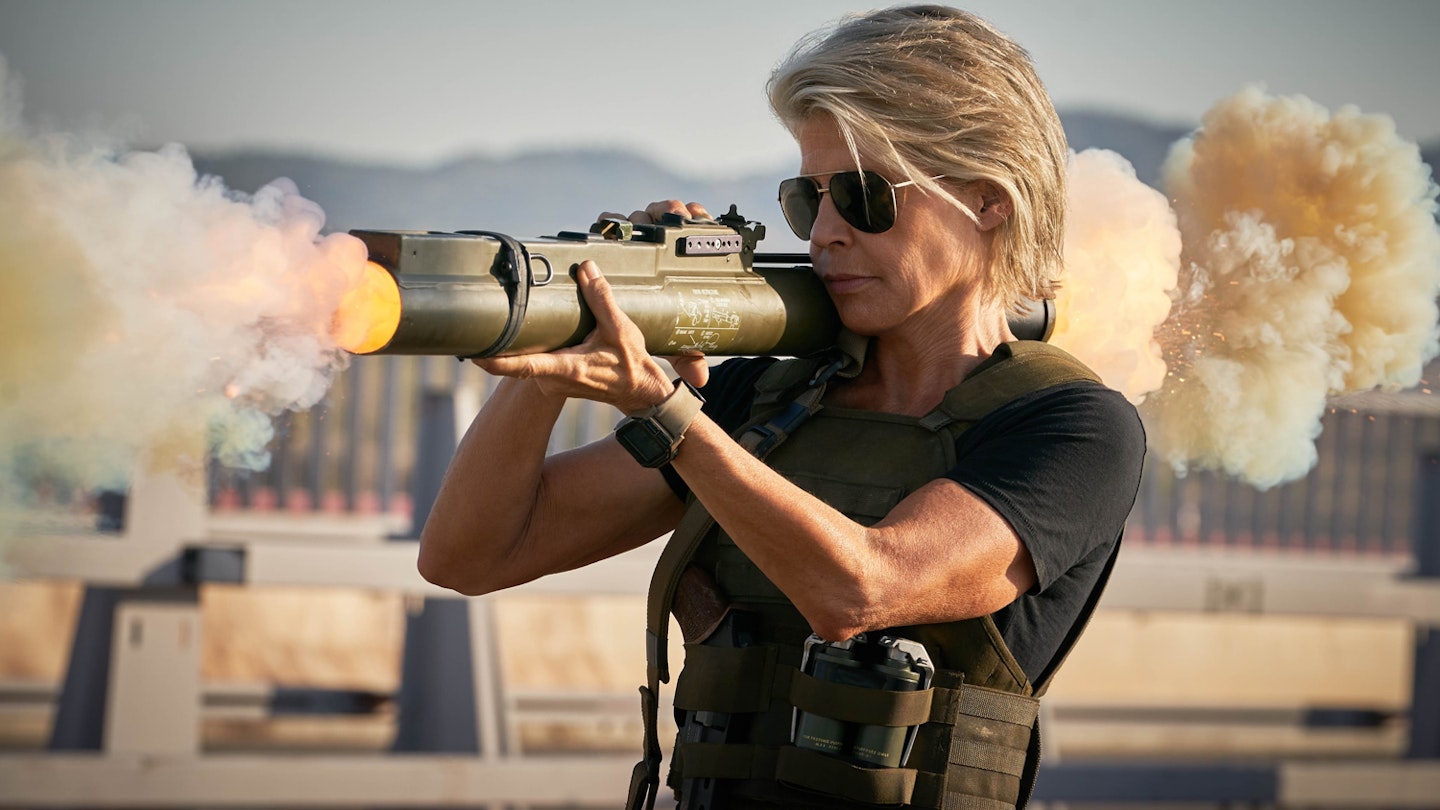
Surprise hits and major flops are part and parcel of Hollywood – but 2019 noticeably featured more than its fair share of lackluster sequels and reboots. Disney output aside, films like Men In Black: International, The Lego Movie 2: The Second Part, Hellboy, Charlie’s Angels, X-Men: Dark Phoenix, Godzilla: King Of The Monsters, and Terminator: Dark Fate all performed well below expectations. Sure, some of those films were objectively underwhelming, but others were well-received critically – could it be that audiences at large are experiencing franchise fatigue? After all, some smaller films proved to be modest hits, including…
Hustlers makes a steal on the big screen

Out of pretty much nowhere, along came Lorene Scafaria’s crime-drama about a group of strippers who begin a criminal enterprise in drugging and mugging sleazy Wall Street guys. It had an epic cast (an astonishing Jennifer Lopez, plus Constance Wu, Julia Stiles, and cameos from Lizzo, Cardi B and Usher), instantly-iconic imagery (J-Lo in that fur coat), and a Scorsese-esque visual style, with a female gaze that never objectifies its anti-heroines. From a $20 million budget, without any franchise recognisability, Hustlers pulled in $150 million worldwide – and sparked serious Oscar buzz for Lopez. Now that is a Hollywood swindle.
Brad Pitt makes a comeback
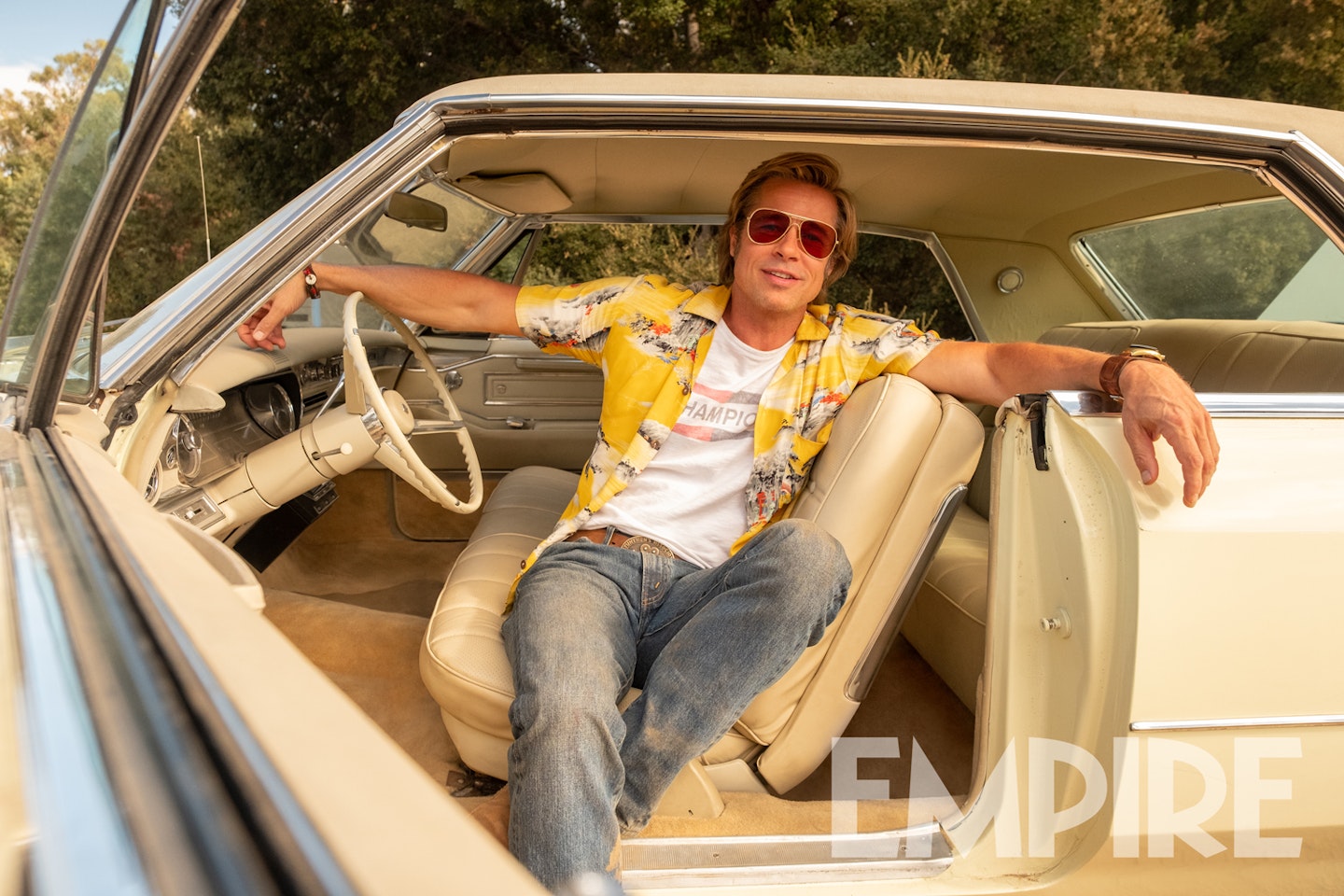
Aside from a blink-and-miss-it cameo in Deadpool 2, Brad Pitt had been absent from the big screen for a few years. But in the second half of 2019 he came back with a double-whammy of stellar performances – first in Tarantino’s Once Upon A Time In Hollywood, as stuntman Cliff Booth, and then as astronaut Roy McBride in James Gray’s Ad Astra. Both re-cemented Pitt as an iconic leading man, whether he was beating up members of the Manson Family cult, stripping down for a spot of rooftop aerial-fixing, or venturing out in the existential void of deep space. OK, so you’re Brad Pitt? That does impress us much.
Joker becomes the first R-rated $1 billion movie
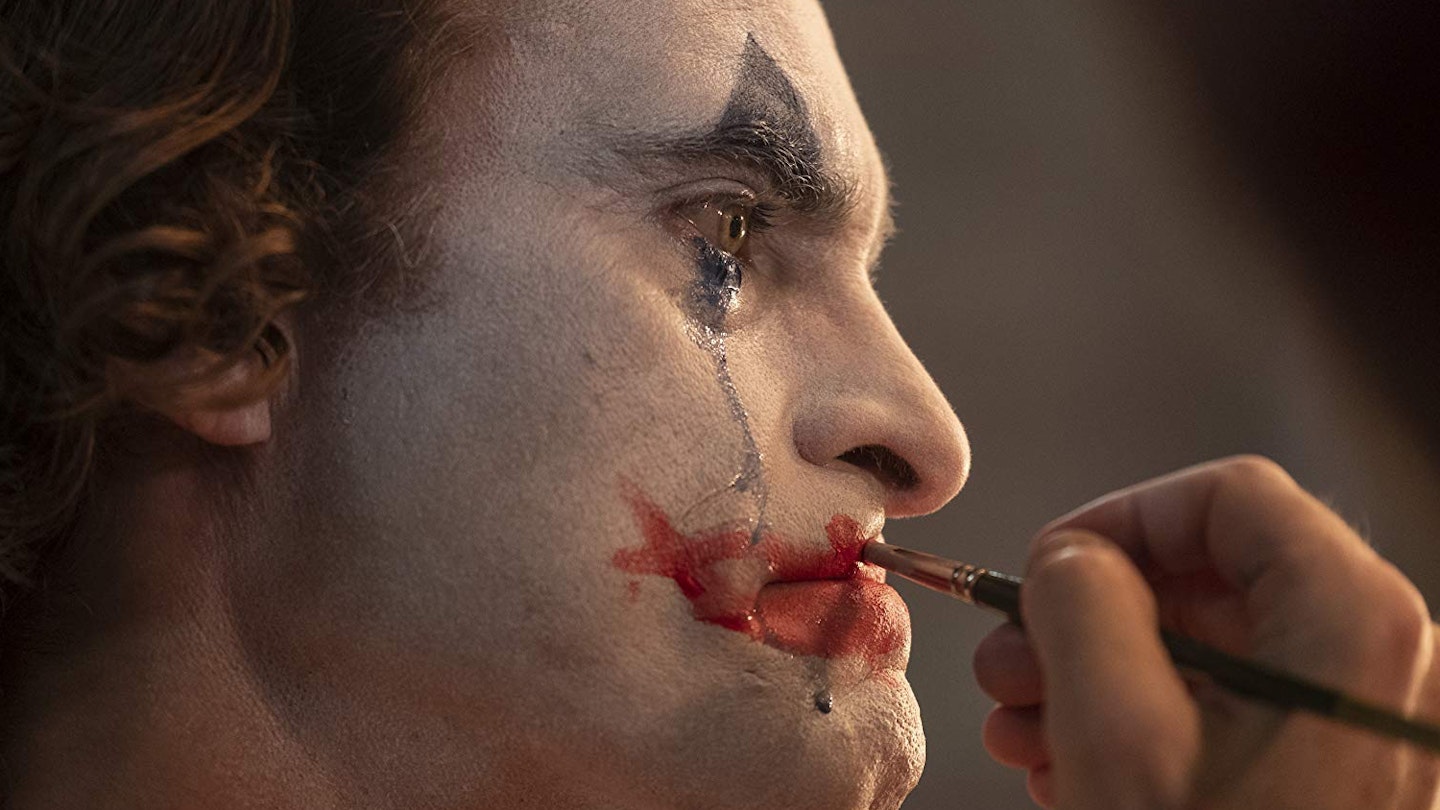
Right from those first images on Todd Phillips’ Instagram, it was clear that Joker would be something special – and significantly different to your average comic book movie. That was borne out in the final film – one that sparked rhapsodic reviews, moral outrage, a major prize from the Venice Film Festival, and all kinds of Oscar buzz (we’ll have to wait a little longer to see how that all pans out). But it wasn’t just film media that found itself shaken by Joaquin Phoenix’s Arthur Fleck – he captivated the multiplexes too, pulling in over $1 billion at the box office, the biggest ever haul for an R-rated movie. Could the film originally envisioned as the exact opposite of a franchise-friendly comic adaptation ironically end up spawning its own series? Even Arthur Fleck would see the humour in that.
Disney+ launches (in the U.S.)
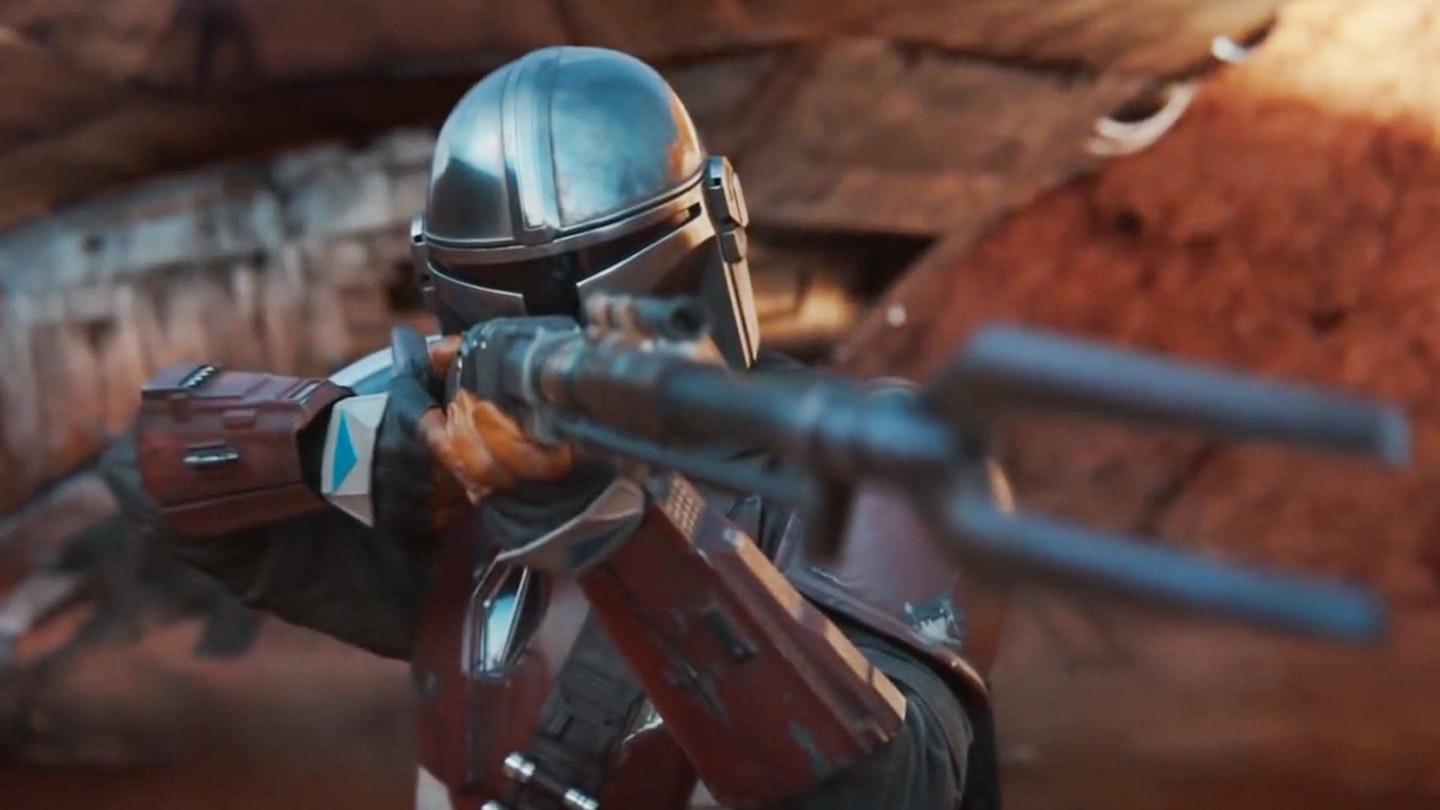
For a long time, Netflix and Amazon were the front-runners in the streaming wars – churning out exclusive content, from original movies to bingeable series. In 2019, Apple and Disney proved late arrivals to the game – the latter in particular making a huge splash with the rights not only to the entire library of Walt Disney classics, but also Marvel, Star Wars, Pixar, and a ton of hilariously obscure live-action Disney movies. Its biggest flex? Becoming the home of The Mandalorian, the first ever live-action Star Wars series which has already spawned hundreds of Baby Yoda memes. With a bunch of MCU-continuity series to come, which will prove instrumental in Phase 4, it’s an aggressive move that looks set to seriously shake up the streaming market – not that UK viewers will really know until it launches here in March 2020.
Martin Scorsese takes on Marvel
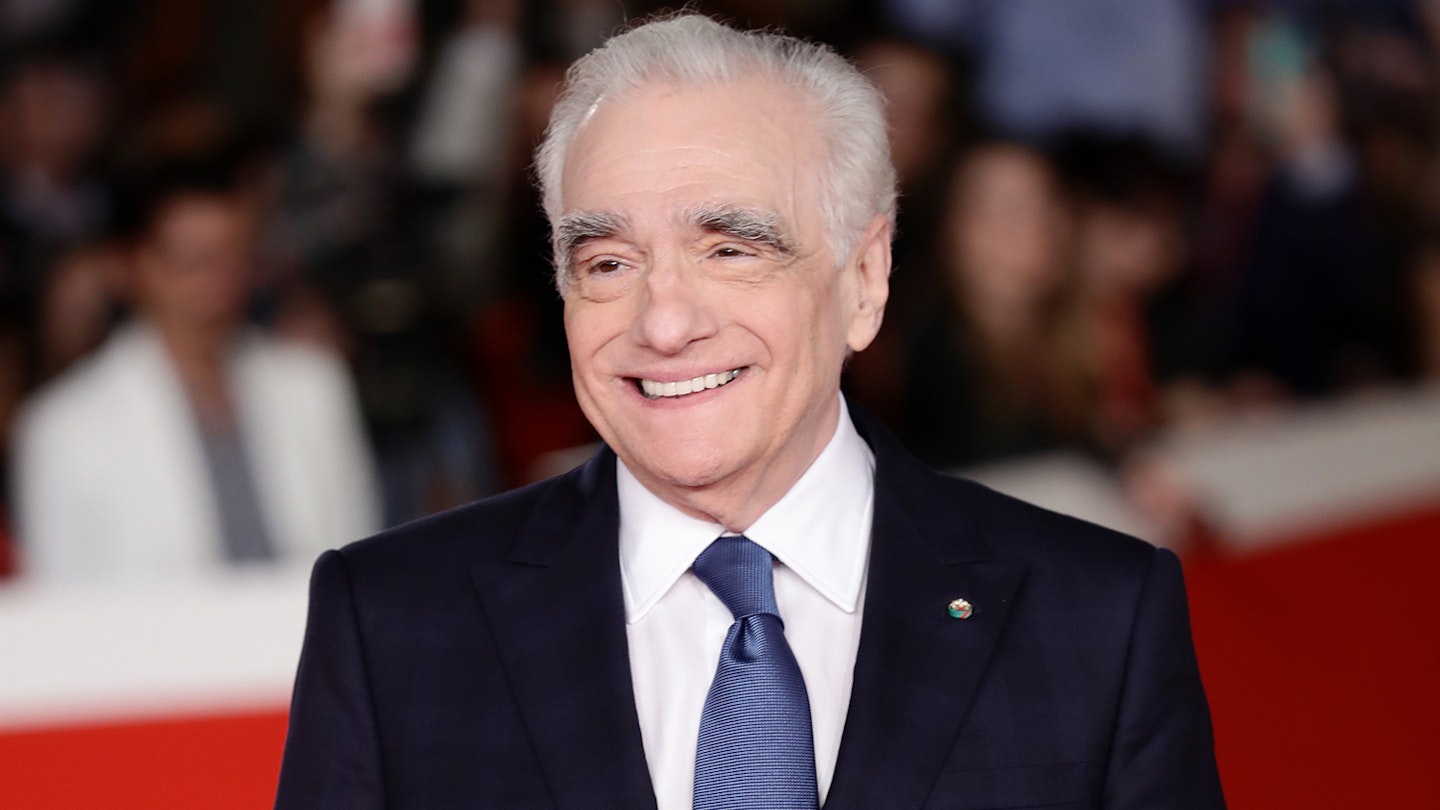
It wasn’t even meant to be a conversation about the merits of the Marvel Cinematic Universe. But when Empire asked filmmaking legend Martin Scorsese whether he’d seen the use of de-ageing technology in Marvel movies, the all-time-great director had a few things to say about the MCU. Things including, “That’s not cinema.” Cue an ever-escalating debate on all sides – from those who agreed with Scorsese’s comments about the difficulties of placing smaller independent movies on big screens, to Marvel Studios filmmakers, and everyone else under the sun – about what counts as cinema, what movies mean today, and whether watching beloved heroes crumble into dust is “the cinema of human beings trying to convey emotional, psychological experiences to another human being” or not. It wasn’t an easy conversation, but one that had clearly been long-brewing.
Disney makes nearly $10 billion
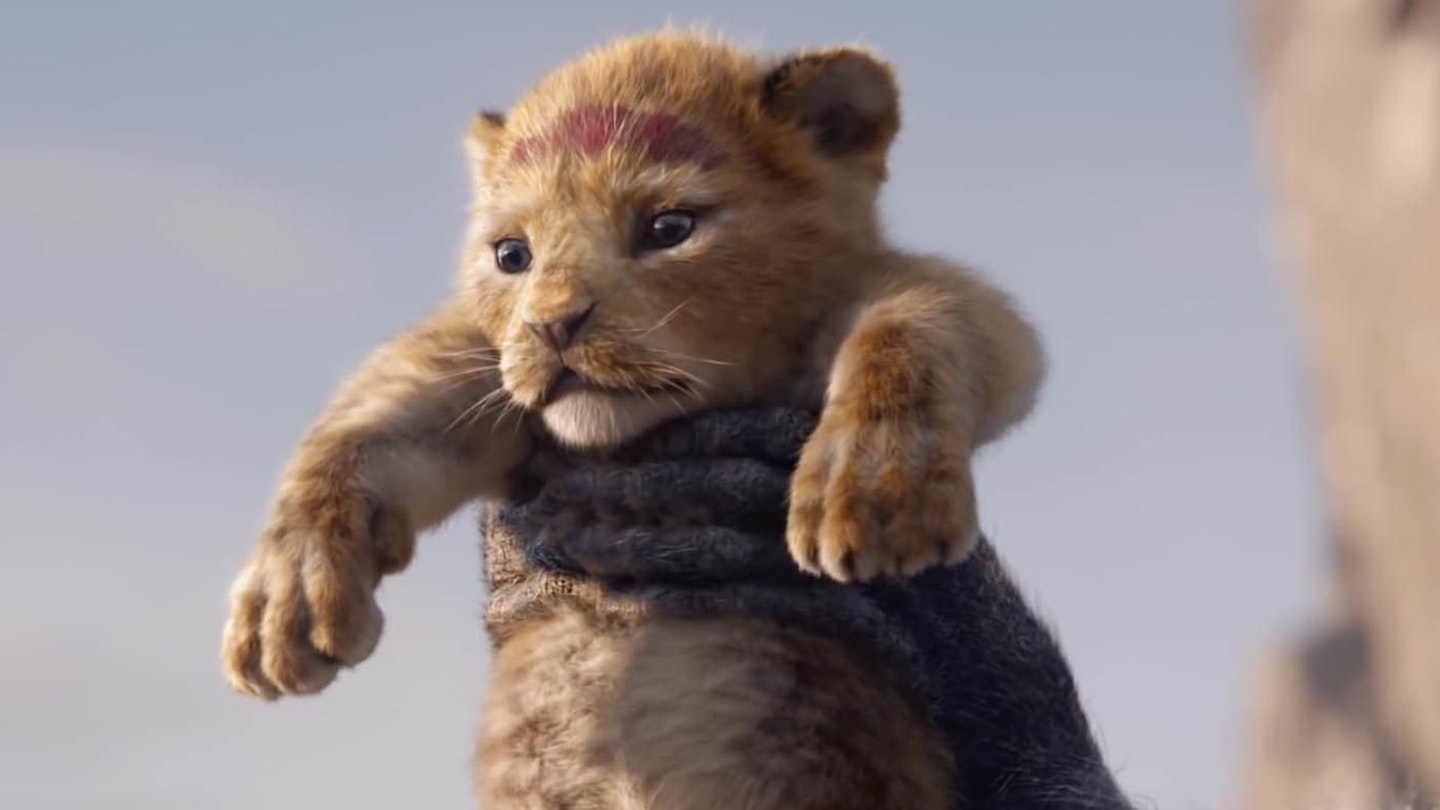
It’s hardly news that Disney dominated the worldwide box office in 2019 between its own properties, Marvel, and more. But what’s really staggering is just how much it made – upwards of $9 billion, and that’s prior to the release of Star Wars: The Rise Of Skywalker. As of early December, six of the Top 10 films of 2019 worldwide are Disney movies – and with Endgame alone pulling in close to $3 billion, it’s the most successful year of all time for a single studio. Don’t expect it to be beaten any time soon either – it’s not often you get two giant franchise finales (of Marvel’s Infinity Saga and Star Wars’ Skywalker Saga) in one year.
The Irishman comes to Netflix
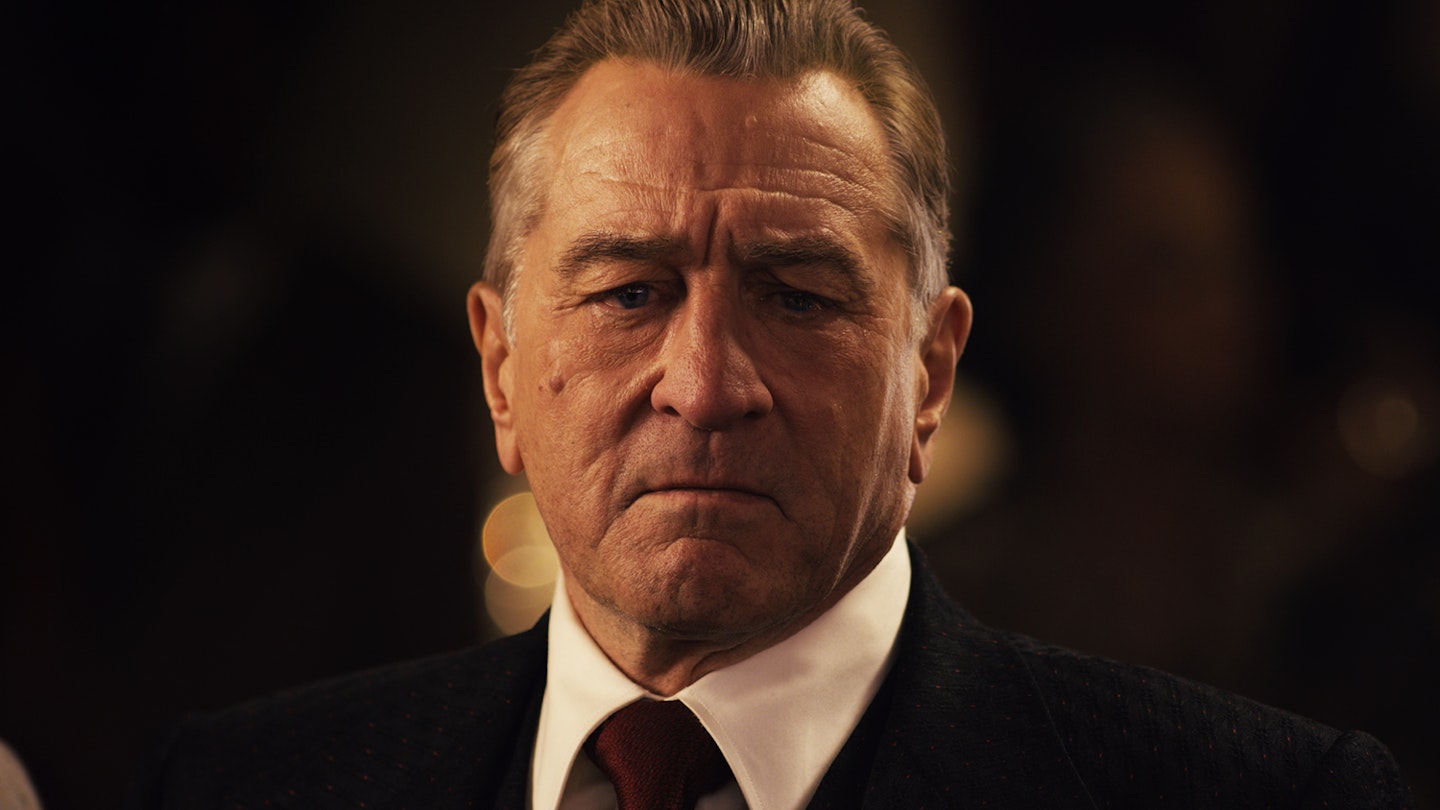
Since 2015, Netflix’s original movies have ranged from Oscar contenders (Roma), to indie auteurial works (Okja, The Meyerowitz Stories), rom-coms (To All The Boys I’ve Loved Before) and dodgy attempts at major blockbusters (Bright, anyone?) But 2019 brought easily its biggest power-play – being the official home and sole distributor of Martin Scorsese’s The Irishman. Netflix stumped up the considerable production cost that traditional studios simply wouldn’t. The result? Another widely-acclaimed gangster masterpiece, reuniting the dream team of Scorsese, Robert De Niro, Joe Pesci, and Harvey Keitel, and throwing a full-throated Al Pacino into the mix. If Netflix had been looking for prestige content with major mainstream appeal, The Irishman was exactly that.
Obituaries
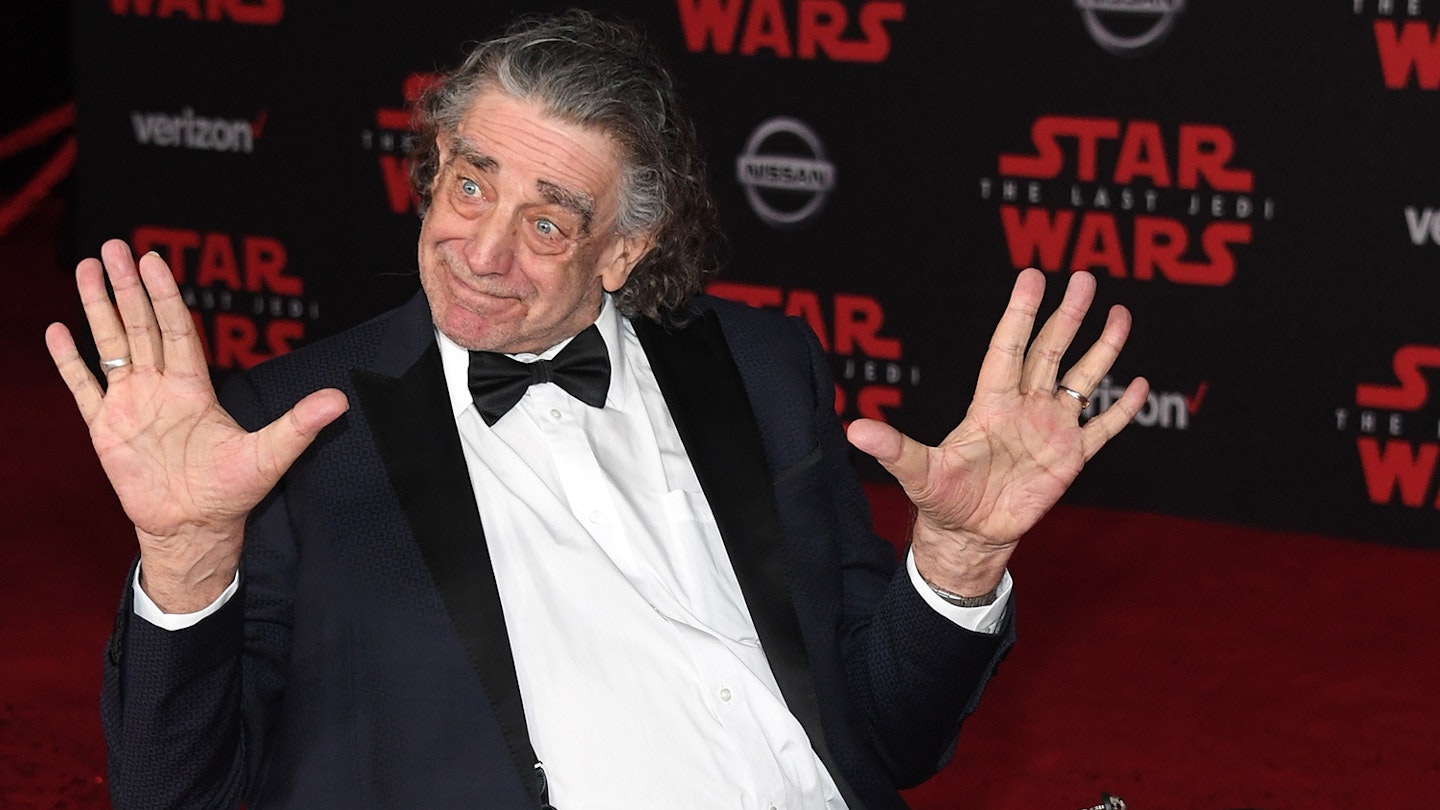
This year saw us bid farewell to legends who lived in front of and behind the camera – original Chewbacca actor Peter Mayhew, the iconic Rutger Hauer, cult figure Robert Forster, French New Wave pioneer Agnes Varda, Hollywood heartthrob Luke Perry, the notorious Rip Torn, and the beloved Albert Finney among them.
